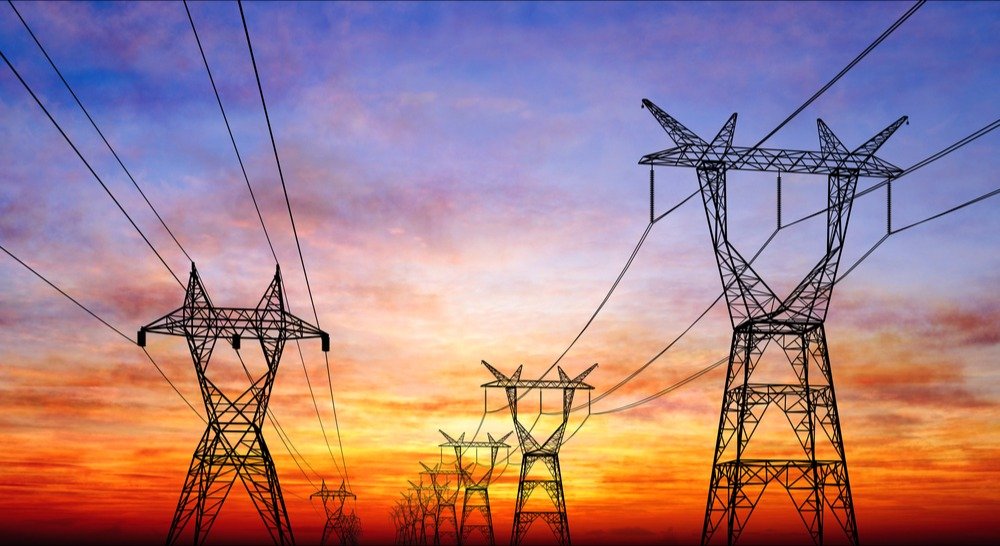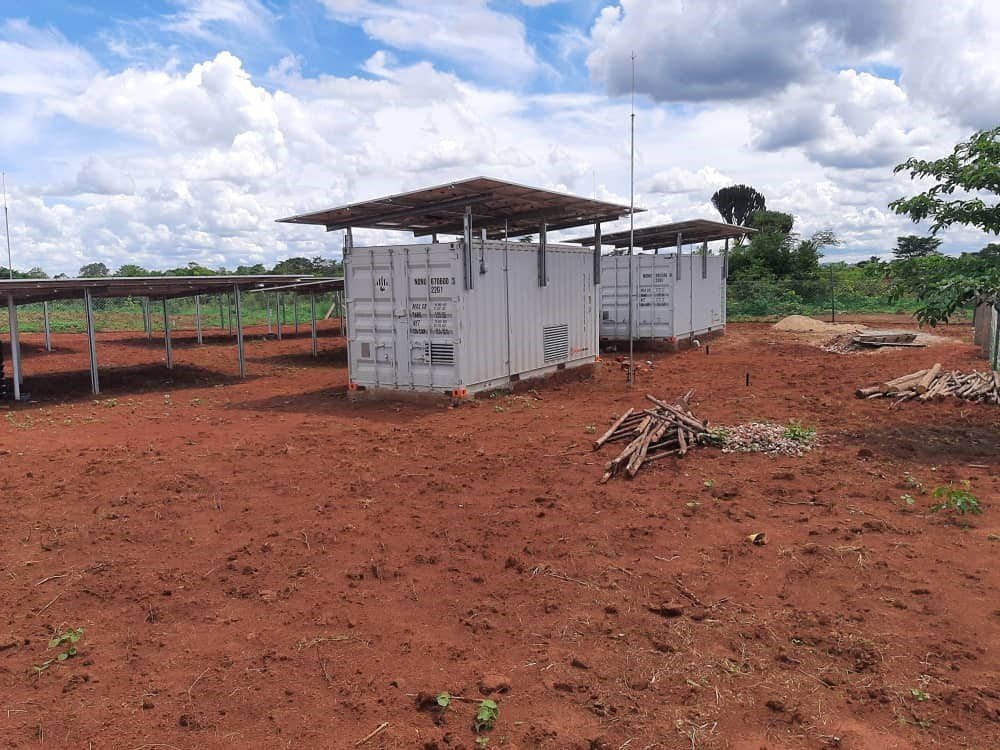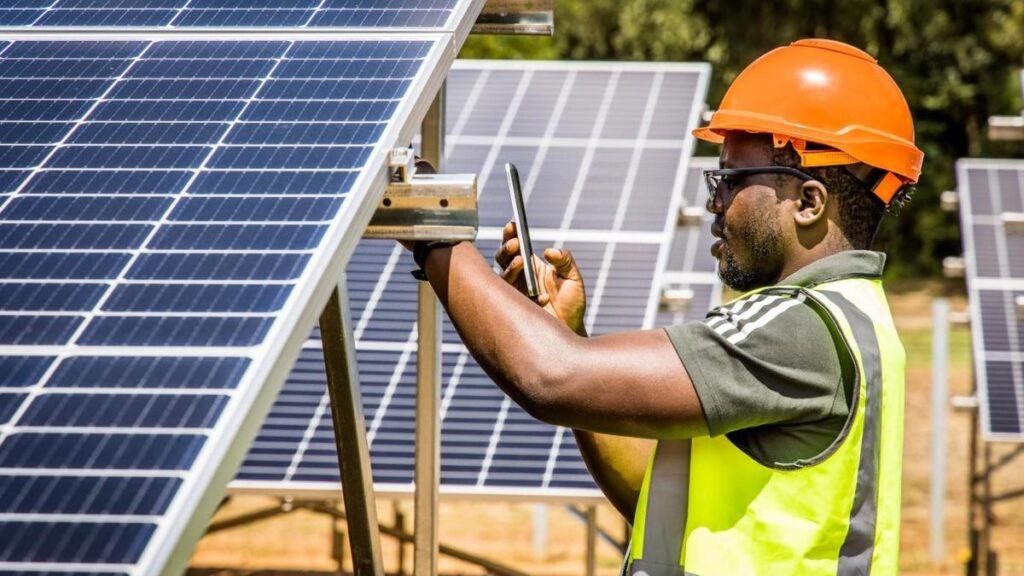Africa Bitcoin Mining Renewables

Bitcoin mining in Africa is increasingly powered by renewable energy, turning the continent’s abundant solar, hydro, and wind resources into a strategic advantage for sustainable cryptocurrency production. As global demand grows for low-carbon Bitcoin mining, Africa emerges as a promising frontier where clean energy and digital innovation converge.
Here’s how renewables are shaping the future of Bitcoin mining across Africa.
1. Why Africa for Green Bitcoin Mining?
Africa offers unique advantages:
- Highest solar irradiation levels globally – Ideal for off-grid solar mining
- Vast hydropower potential – Underused capacity in DRC, Ethiopia, Zambia
- Low population density in remote areas – Reduces grid strain and land-use conflict
- Stranded or curtailed energy – Excess power can be monetized through mining
Bitcoin mining acts as an energy buyer of last resort, helping stabilize mini-grids and boost ROI on renewable projects.

2. Renewable Energy Sources Driving Mining
| Source | Countries | Application |
|---|---|---|
| Solar | Namibia, Kenya, South Africa, Ghana | Off-grid mining farms using photovoltaic systems |
| Hydropower | DRC (Inga Dam), Ethiopia, Uganda | Large-scale mining near dams with excess capacity |
| Wind | Kenya (Lake Turkana), South Africa | Hybrid systems supporting decentralized mining hubs |
| Geothermal | Kenya (Rift Valley) | Stable baseload power for high-uptime operations |
These sources enable carbon-neutral mining with minimal environmental impact.
3. Real-World Examples
- Namibia: Startups deploy modular solar mining units in arid regions with 300+ sunny days per year
- Kenya: Geothermal-powered mining near Lake Naivasha leverages stable energy from Olkaria plants
- DRC: Proposals to use Inga Dam hydropower for large-scale green crypto mining
- South Africa: Independent miners use rooftop solar to run ASIC rigs amid load-shedding

4. Benefits of Renewable-Powered Mining
- Energy monetization: Turns unused or surplus renewable power into revenue
- Grid stabilization: Provides consistent demand for mini-grids
- Job creation: Supports local tech and maintenance roles
- Decentralized finance access: Promotes financial inclusion in underserved areas
- ESG alignment: Meets global demand for ethical, low-carbon Bitcoin
5. Challenges and Outlook
Challenges:
- High upfront cost of mining rigs and battery storage
- Limited technical expertise in rural areas
- Regulatory uncertainty around crypto in some countries
Opportunities:
- Partnerships between energy developers and crypto firms
- Integration with green hydrogen and smart microgrids
- Growth of community-owned mining cooperatives
With supportive policies, Africa could become a global hub for sustainable Bitcoin mining.

FAQs
Q1: Can Bitcoin mining run on solar power in Africa?
A1: Yes—abundant sunlight makes solar ideal for powering mining rigs, especially in remote areas.
Q2: Is green Bitcoin mining profitable in Africa?
A2: It can be—especially when using stranded energy or hybrid systems that reduce diesel costs.
Q3: Which country leads in renewable Bitcoin mining?
A3: Kenya and Namibia are emerging leaders due to strong solar and geothermal infrastructure.
Conclusion
Africa Bitcoin mining renewables represent a powerful synergy between clean energy and digital innovation. By harnessing solar, hydro, and wind power, the continent can lead in sustainable cryptocurrency production, driving economic growth and energy access.

